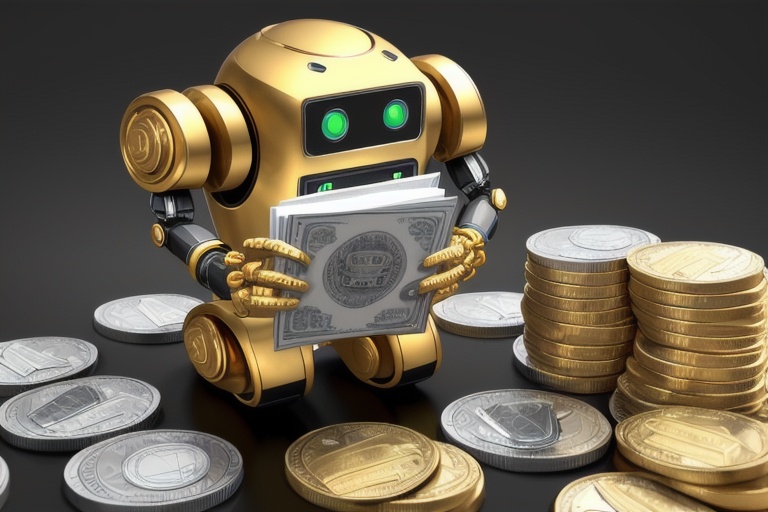Artificial intelligence (AI) and machine learning (ML) are rapidly becoming essential tools for modern programming, weaving their capabilities into the fabric of software development. As these technologies continue to mature, they are making it possible for developers to construct more intelligent systems—ones that can process data, predict outcomes, and automate a broad range of tasks with greater effectiveness than ever before. This exploration into AI and ML's impact on programming will underscore the ways in which they are enhancing our capacity to develop cutting-edge software solutions.
Artificial intelligence (AI) and machine learning (ML) are rapidly becoming essential tools for modern programming, weaving their capabilities into the fabric of software development. As these technologies continue to mature, they are making it possible for developers to construct more intelligent systems—ones that can process data, predict outcomes, and automate a broad range of tasks with greater effectiveness than ever before. This exploration into AI and ML's impact on programming will underscore the ways in which they are enhancing our capacity to develop cutting-edge software solutions.
AI and ML: Game-Changers in Programming
The synergy between AI, ML, and programming is setting the stage for a new era of software development. AI, the broader pursuit of equipping machines with human-like intelligence, allows systems to perform tasks that typically require human intuition. ML narrows the focus to algorithms and statistical models that empower machines to improve their performance based on experience, effectively learning from data without being explicitly programmed for every eventuality. This granular learning capability enables software to become more efficient over time.
The Revolutionary Impact on Software Development
By integrating AI and ML into the programming process, we can streamline software development, pushing the boundaries of what it can achieve. Automation has seen one of the most significant overhauls. Routine processes in coding, such as syntax error checks and even the generation of boilerplate code, are now handled by intelligent programs, freeing up developers to focus on more complex and creative tasks.
Additionally, AI and ML provide valuable insights that can be leveraged to optimize code. These technologies analyze patterns within data to enhance resource utilization and execution speed, leading to performance gains for software applications. As a result, software not only runs faster but also becomes more cost-effective due to resource savings.
Personalization and user experience have also been transformed through the application of these advanced technologies. ML algorithms are at the heart of recommendation systems that offer personalized content to users, and AI-driven natural language processing has made it possible to interact with software in more human-like ways. These advancements are making software more intuitive and responsive to individual user preferences and behaviors.
Facing Ethical and Societal Challenges
As we embrace AI and ML in programming, we must also navigate the associated ethical and societal challenges. Privacy concerns loom large as data becomes a central pillar for intelligent systems. Ensuring that user data is handled with the utmost care to protect against breaches is a responsibility that all developers must take seriously.
Bias and fairness in AI are also pressing concerns. The AI systems of today are only as unbiased as the data fed into them, making it critical to scrutinize datasets for inherent biases that could lead to unequal or unfair outcomes when deployed in the real world.
The potential for job displacement cannot be overlooked either. As AI and ML automate various programming and non-programming roles, industries will need to find ways to reskill their workforce and create new opportunities in the burgeoning tech landscape.
Looking Forward
The intersection of programming with AI and ML is not merely a passing trend—it is a fundamental shift that promises to redefine how we think about and engage with technology. As these tools become more sophisticated, we can expect software to increasingly act as a collaborator in the development process, partnering with human creativity to push the limits of innovation. With thoughtful implementation and careful consideration of its societal implications, the blend of AI and ML with programming can lead us toward a future where technology supports and enhances human endeavors like never before.
The dialogue about AI and ML in programming is dynamic and evolving. It is a conversation that requires the participation of developers, ethicists, businesses, and everyday users. By fostering an ecosystem that values continuous learning, responsible development, and inclusive practices, the programming community can ensure that the technological advancements yielded by AI and ML benefit all of society.
Information for this article was gathered from the following source.



